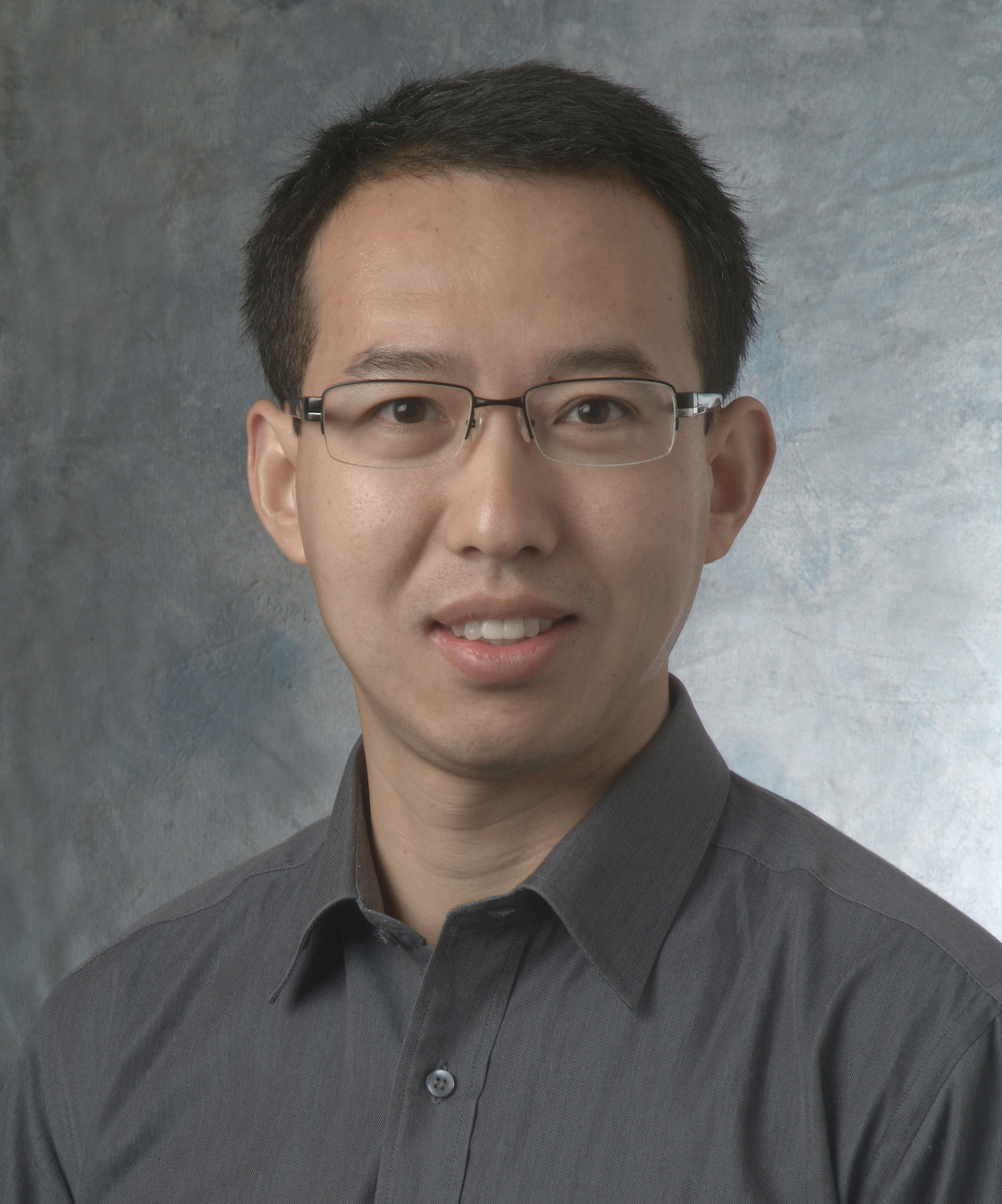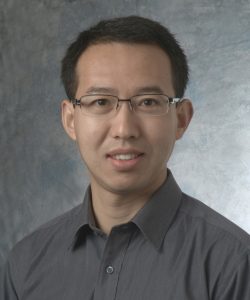“Emerging Semiconductor Nanoscale Devices and Systems: from Fundamentals to Applications”
Thursday, Oct. 10 at 1:00 pm
LAR 310
Abstract
Emerging semiconductors, ranging from atomic layer semiconducting crystals (such as transition metal dichalcogenides (TMDCs) and black phosphorus) to wide and ultrawide bandgap materials (such as SiC and Ga2O3), along with their heterostructures, offer compelling platforms for engineering new electronic, photonic devices and transducers, where the unconventional and unique properties of these crystals can be harnessed for engineering both classical and quantum signal processing and sensing schemes. In this presentation, I will describe some of my research group’s latest endeavors and results on advancing solid-state device physics and engineering, by employing some of these emerging semiconductors. In classicaldomain, we build atomically thin transistors, optoelectronic devices, and a new class of nanoscale transducers, 2D nanoelectromechanical systems (NEMS), all enabled by 2D semiconductors and their van der Waals heterostructures. I will demonstrate examples of how the unconventional properties of these structures and their internal strong coupling effects have led to new device functions and performance. I shall also discuss examples of SiC and Ga2O3 devices for biological and physical sensing applications. Toward quantum engineering, atomistic defects in wide-bandgap crystals support single-photon quantum emitters (QEs) that are promising for enabling quantum bits (qubits) at room temperature. Built upon our earlier achievements in SiC photonics and 2D devices, we explore these platforms and their hybrid integration, toward realizing quantum information transduction in chip-scale integrated systems.
Biography
Philip Feng is currently a professor in the Department of Electrical and Computer Engineering at the University of Florida. His group’s research is primarily focused on emerging semiconductor devices and integrated micro/nanosystems, especially those in advanced semiconductors, 2D materials and heterostructures, as well as their heterogeneous integration with mainstream technologies. He received his Ph.D. in Electrical Engineering from California Institute of Technology (Caltech). His recent major awards include the Presidential Early Career Award for Scientists and Engineers (PECASE), the NSF CAREER Award, the National Academy of Engineering (NAE) Grainger Foundation Frontiers of Engineering (FOE) Award, and several Best Paper Awards (with his students) at IEEE and other international conferences. He is an associate editor for IEEE Transactions on Ultrasonics, Ferroelectrics & Frequency Control (T-UFFC), and served on Technical Program Committees (TPCs) and as Track/Session Chairs for IEEE IEDM, IEEE MEMS, Transducers, IEEE IFCS, IEEE SENSORS, IEEE NANO, etc., and as the MEMS/NEMS Chair for American Vacuum Society (AVS) 61st to 63rd International Symposia. Lately, he has also been serving as a co-organizer and technical program chair for the Frontiers of SiC Materials & Devices Workshop.
Relevant References
- Islam, van den Akker, Feng, “Polarization Sensitive Black Phosphorus…”, Optical Materials Express 9, 526-535 (2019).
- Islam, van den Akker, Feng, “Anisotropic Thermal Conductivity of Suspended…”, Nano Letters 18, 7683-7691 (2018).
- Islam, Lee, Feng, “Atomic Layer GaSe/MoS2 van der Waals Heterostructure…”, ACS Photonics 5, 2693-2700 (2018).
- Lee, Wang, Feng, et al., “Electrically Tunable Single & Few-Layer MoS2…”, Science Advances 4, eaao6653 (2018).
- Ye, Lee, Feng, “Electrothermally Tunable Graphene Resonators Operating…”, Nano Letters 18, 1678-1685 (2018).
- Yang, Lee, Feng, et al., “Tuning Optical Signature of Single- and Few-Layer…”, Nano Letters 17, 4568-4575 (2017).
- Wang, Jia, Feng, et al., “Resolving and Tuning Mechanical Anisotropy…”, Nano Letters 16, 5394-5400 (2016).
- Wang, Lee, Feng, “Spatial Mapping of Multimode Brownian Motions…”, Nature Communications 5, 5158 (2014).
- Falk, Feng, Awschalom, “Polytype Control of Spin Qubits in Silicon Carbide (SiC)”, Nature Communications 4, 1819 (2013).
- Lee, Wang, Feng, et al., “High Frequency MoS2 Nanomechanical Resonators”, ACS Nano 7, 6086-6091 (2013).


